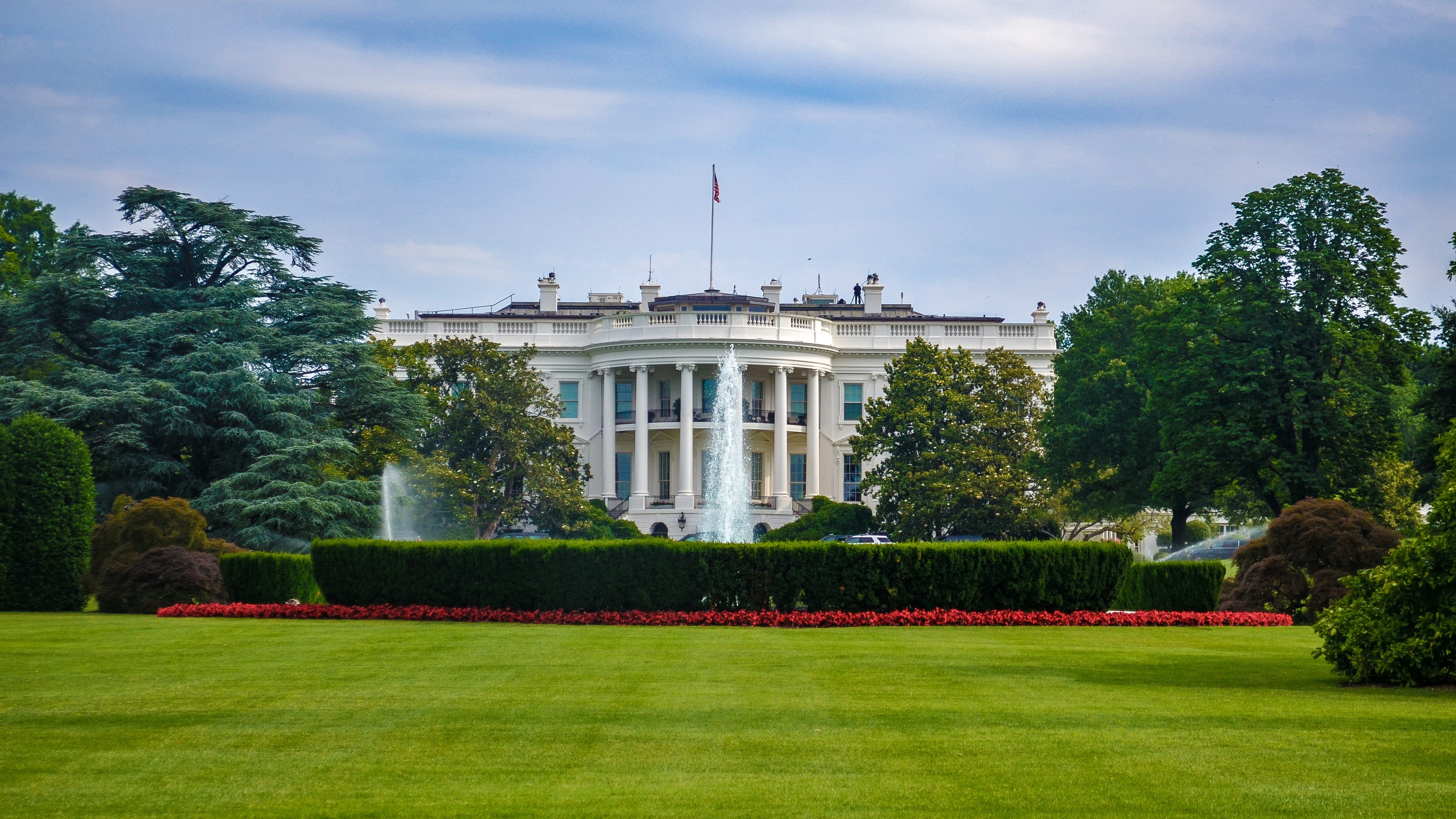The United States Congress is set to vote on the country’s annual defense policy, which this year plans an $858 billion annual spend, plenty of which will be going to cybersecurity (opens in new tab).
The policy includes more budget for so-called “hunt forward” missions, new leadership positions, and new capabilities for the US President.
When it comes to the country’s “hunt forward” missions, conducted by Cyber Command, the organization will be getting $44 million in 2023, to make them even more effective. “Hunt forward” missions are described as “strictly defensive” cyber operations Cyber Command conducts at the request of partner nations. As part of these operations, the “Hunt forward” team observes and detects malicious cyber activity on host nation networks.
Presidential powers
The bill also introduces the position of Assistant Secretary of Cyber Policy at the Department of Defense. The person filling this role will be tasked, among other things, to annually brief lawmakers on how Cyber Command collaborates with the National Security Agency.
Furthermore, the bill states that the US President can order operations in “foreign cyberspace” in certain situations – when “an active, systemic and ongoing campaign of attacks in cyberspace by a foreign power” is being waged against the US government or the country’s critical infrastructure.
Finally, the State Department will be getting a new cybersecurity bureau, which will be spearheaded by inaugural Ambassador, Nate Fick.
The United States has suffered a number of high-severity cyberattacks in the last couple of years, which prompted the government to take a firmer stance against both domestic and foreign threat actors. Ransomware attacks against critical infrastructure and government agencies have been particularly damaging, including the attack against the Colonial Pipeline, which disrupted oil and gas distribution in a number of US states.
Via: CyberScoop (opens in new tab)





